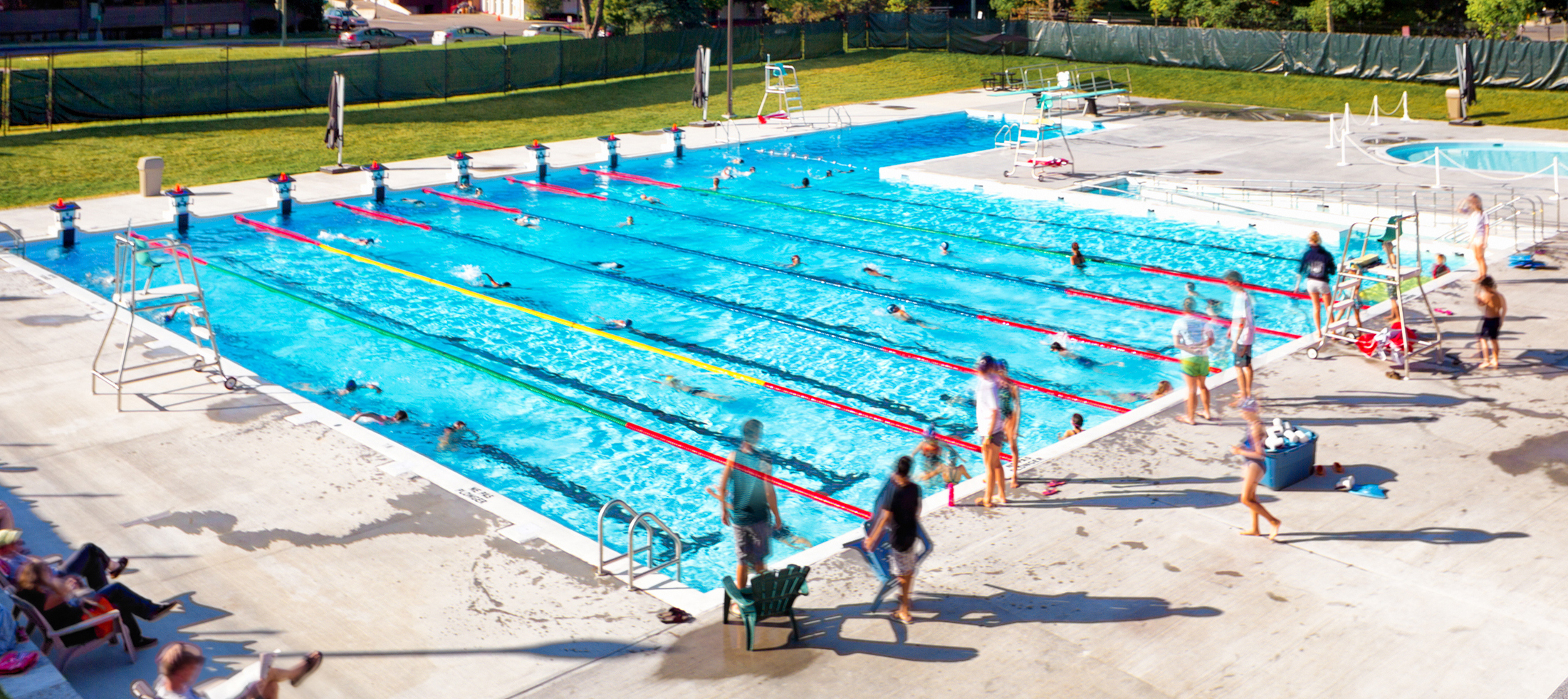First, we better understand what sustainability is. There are many definitions/concepts for sustainability, two being environmental sustainability and financial sustainability. Environmental sustainability has to do with repurposing, recycling and reusing our resources and financial sustainability involves having enough resources for an organization, activity, etc. to operate over the long term. Regardless of the two approaches, recreation is impacted.
From a facility perspective, if your community operates an arena, then you are plodding along with your large carbon foot prints. It is like trying to tiptoe through your Grandmother’s prized flower garden without making a mark. You need to be concerned about your indiscriminate consumption of resources.
Large capital upgrades will help solve some of your problems - like SMART compressors, new boilers/furnaces, etc. However, small changes can have a big impact too. For example, what is your attitude and the organization’s culture on sustainability? Are you seriously engaged? Do you and your team make a point of turning unnecessary lights off, maintaining a proper ice thickness, turning the heat down when not required, trying to reduce water consumption, adding weather stripping around doors, etc.?
When your facility components need upgrading, take advantage of this time to install low-flow devices, LED lights, insulated doors, programmable thermostats, etc. Make it part of your capital budgeting and preventative maintenance plans.
Did you know that SaskPower can help you manage those large carbon feet in your arenas? With their energy audit program, you may be able to trim down and go further with less resources. With this type of energy ‘fitness’ advice, you will turn into an energy-reducing sprinter. Contact them at 1-888-355-5589 and see how their free programs can keep dollars in your pocket and help the environment at the same time.
Pools can be another resource money-pit. Water turnover is a regulatory requirement so it is difficult to ‘throttle back’ your pump to save on electricity. However, do you know how many times you are circulating your water each day? Have you talked about the eventual upgrade of the pool pump and whether or not a SMART system is possible or plausible? Perhaps more important, are you trying to reduce the amount of water consumed at the pool?
Regulations require that makeup water be added based on the number of bathers per day - so your hands are tied to some degree. If you are exceeding this limit, are there some things you can do to reduce the water consumption? Leaky pipes, dripping taps, old toilets and shower heads can all contribute to unnecessary water consumption. Fix these ‘small’ things as soon as possible and realize the savings now.
Parks are unique in the sense they can, and do, help improve your sustainability on one hand and yet can hurt it on the other. On a positive side, planting some new trees, reducing/eliminating pesticides are two examples of improving your sustainability. Often, a good turf management plan will result in less water required for irrigation and less demand for pesticides.
On the negative side, your parks operation may be having the wrong impact. Are you over-cutting your grass? Is your equipment properly tuned-up and running efficiently? Are your blades sharp? Does your parks team know how to efficiently operate the equipment to save you time, money and downtime? Studies have suggested that 2-stroke trimmers can be a source of pollution, compared to a 4-stroke models. Perhaps consider changing your past practice when you purchase your next trimmer.
As you can see, recreation facilities can have a sizable impact on sustainability. Sustainability is another responsibility of the recreation practitioner. Successes may be most practical coming from pragmatic changes. A new attitude, for example, can go along way – shutting off lights or having a recycling program. Or incorporate new technologies when replacing lights and light fixtures. If we all do the small things, then the results are big. Think about this the next time you walk by the light switch…or throw that can in the garbage.
Tim Hanna
SPRA Consultant, Facilities and Training



